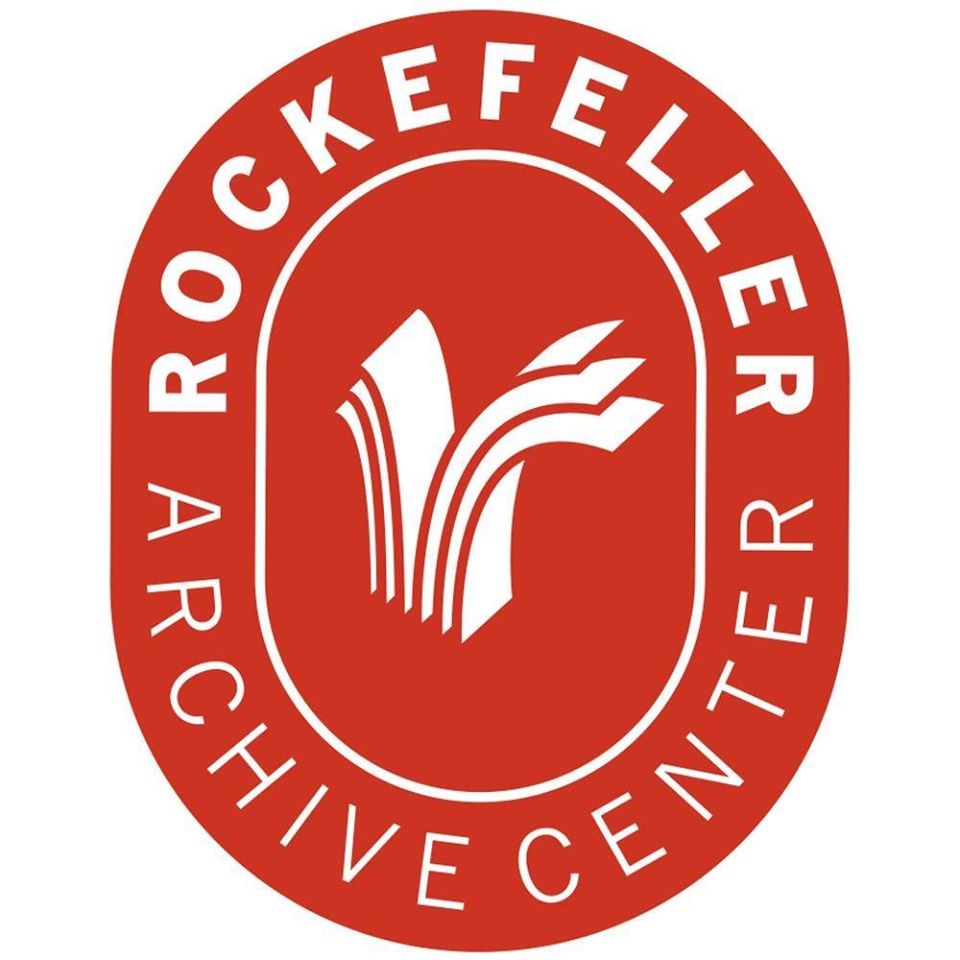Laura Spelman Rockefeller Memorial records, 1916-1949
Filter Online content
Collection context
Summary
- Creator:
- Laura Spelman Rockefeller Memorial
- Extent:
- 62.93 Cubic Feet
- Language:
- English .
Background
- Scope and content:
-
Important subjects in this collection include: child development and parent education; public health; interracial relations; general education; foreign and home missions; emergency relief in time of natural disaster and war; development of social sciences - both practically and theoretically; and social welfare.
Among the correspondents are: Charles H. Brent; Kenneth Chorley; Edmund E. Day; Katharine B. Davis; Cleveland E. Dodge; Edwin Embree; Abraham Flexner; Guy Stanton Ford; Raymond B. Fosdick; Lawrence K. Frank; Ernest M. Hopkins; Charles Evans Hughes; Charles Merriam; Starr Murphy; George W. Murphy; W. S. Richardson; John D. Rockefeller, Sr.; John D. Rockefeller, Jr.; Beardsley Ruml; Sydnor H. Walker; and Arthur Woods.
- Biographical / historical:
-
The Laura Spelman Rockefeller Memorial was incorporated in October 1918 for general philanthropic purposes. It was not geographically limited and worked internationally, especially with early emphasis on emergency relief. A memorial to Laura Spelman Rockefeller, the first thought for a program was the welfare of women and children, but philanthropy is not easily granted along divisions of age or gender and so for the first few years of the Memorial's existence, the program was fluid. W. S. Richardson was the main executive during the years of 1918 to 1922. The Memorial worked through John D. Rockefeller, Jr.'s office then, and many of the Memorial files were interwoven with other office files.
In 1922 Beardsley Ruml became director of the Memorial, and a long-range program was developed. Appropriations were still made in the areas of leisure, public health, and emergency relief, but from 1922 through the end of the Memorial's independent existence, the social sciences and welfare, child study and parent education, and interracial relations became primary interests. Research was sponsored, but not as an end unto itself; grants were made for demonstrations, concrete applications of newly gained knowledge. The aim of the entire program was to achieve concrete improvement in the conditions of life and to contribute realistically to public welfare.
On January 3, 1929, the Memorial consolidated with The Rockefeller Foundation and became its division of Social Sciences. A final grant of $10,000,000 was made to the Spelman Fund of New York, an independently incorporated board, to administer some appropriations in child study, parent education, and interracial relations. The Spelman Fund went on to continue the Memorial's fledgling interest in public administration as its main emphasis.
The collection is incomplete, but it includes many records from other collections. For the early years of the program, 1918 to 1922, materials also exist in the Rockefeller Family Archives. Files on John D. Rockefeller, Jr.'s Advisory Committee, from which some grants were eventually taken over by the Memorial, are also included in the collection. The main Advisory Committee file is in the Rockefeller Family Archives. The entire Spelman Fund series on interracial relations, child study, and parent education was merged with the Memorial files at the termination of the Spelman Fund. There is some Rockefeller Foundation correspondence included on the grants that were administered by The Rockefeller Foundation after 1929. These are noted in the inventory.
The Laura Spelman Rockefeller Memorial Collection covers the period from 1918 to 1949.
- Acquisition information:
- The papers of the Laura Spelman Rockefeller Memorial were deposited with The Rockefeller Foundation Archives in 1929 by the Laura Spelman Rockefeller Memorial.
- Arrangement:
-
This collection is arranged in five series, as follows:
Series 1 - Minutes and Dockets. Series 2 - Administration. Series 3 - Appropriations. Series 4 - Finances. Series 1016 - Photographs.
- Rules or conventions:
- Describing Archives: A Content Standard
Access and use
- Restrictions:
-
Open for research. Brittle or damaged items are available at the discretion of RAC. Researchers interested in accessing digital media (floppy disks, CDs, DVDs, etc.) or audiovisual material (audio cassettes, VHS, etc.) in this collection must use an access surrogate. The original items may not be accessed because of preservation concerns. To request an access surrogate be made, or if you are unsure if there is an access surrogate, please contact an archivist.
- Terms of access:
-
Rockefeller Foundation has title, copyright, and literary rights in the collection, in so far as it holds them. Rockefeller Archive Center has authority to grant permission to cite and publish archival material from the collection.
- Location of this collection:
- Contact:

